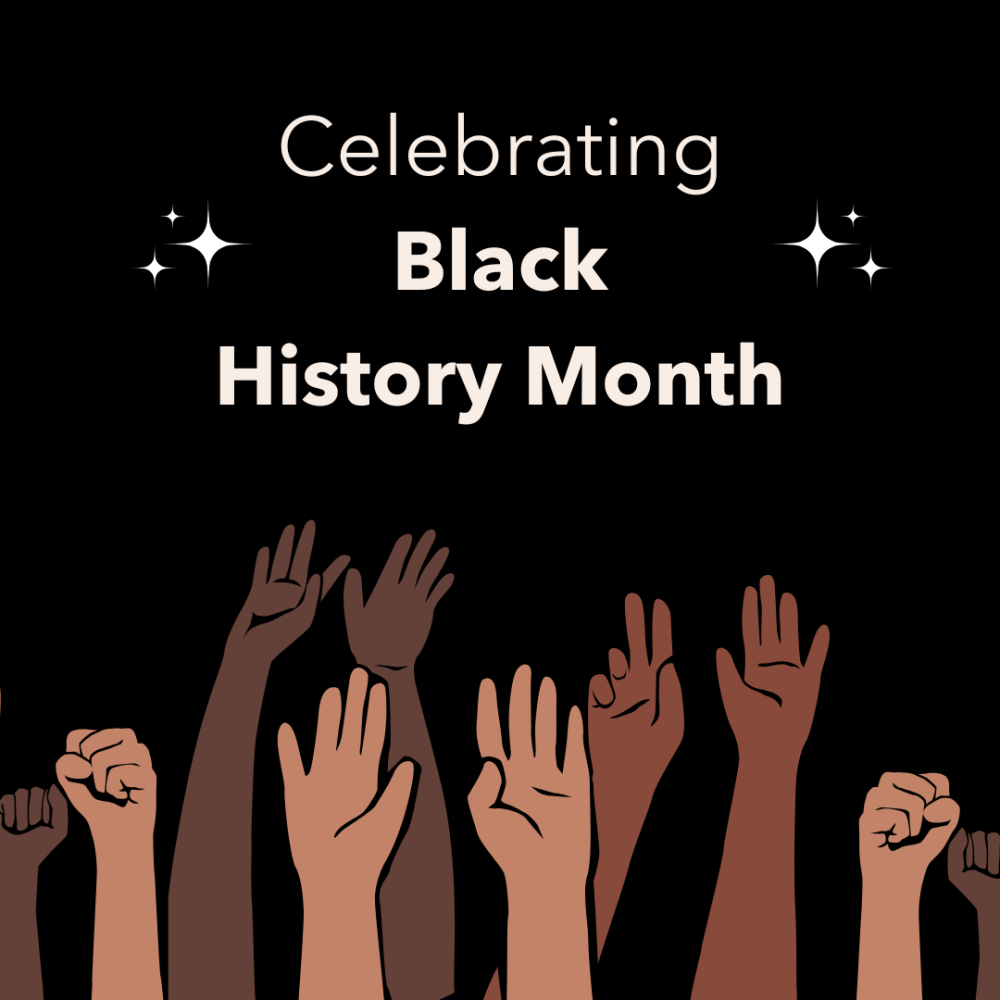
- Research
Overview of the history of Black Theatre in Britain
It has been a long time coming, but performers, writers and musicians can take heart that Black Theatre has broken into the mainstream.
(1)Last year’s Black History Month saw Get Up! Stand Up! The Bob Marley Musical open at the Lyric Theatre in London’s West End and audiences have been loving it ever since! In 2005, (2)its director Clint Dyer brought The Big Life to the Apollo West End. A play based on the Windrush story, it was the first musical featuring an all-black cast of British creatives to open in the West End. Dyer has since directed, written and performed in many well-received productions.
(3)Few records exist of black performers in Britain prior to the 19th century. (4)It is Ira Aldridge’s powerful portrayal of Othello in Shakespeare’s eponymous play that made history in 1825. He continued to take leading Shakespearean roles and toured for the next forty years. His memory is honoured with plaques erected in Coventry, London and Stratford-upon-Avon.
Throughout the Victorian era and early 20th Century, there was a sprinkling of black theatre creatives and projects. In Dahomey, for example, was a full-length musical by an African-American writer performed in major theatres and was influential in introducing dance crazes such as the Charleston. (5)The post-World War II era saw an influx of both artists and communities from the Commonwealth. (6)But in many cases enterprises were hit by funding problems together with a lack of “colour-blindness” in the choice of performers and subject matter from the established theatre industry here.
The last 20 years or so has seen a steady stream of productions, attracting awards and wider audiences. Kwame Kwei-Armah won The Evening Standard Award for Most Promising New Playwright of 2003 and was also shortlisted in the Best New Play category at the 2004 Laurence Olivier Awards. His Elmina’s Kitchen was brought to the West End’s Garrick Theatre in 2005.
In 2013, the Duchess Theatre was home to an all-black production of August Wilson’s Fences, and a musical adaption of the Pulitzer prizewinning novel (7)The Color Purple was performed by an all-black cast at the Menier. Black Theatre Live is a group of eight regional theatres committed to change for ethnic minorities and their programme 2015-2018 included an all-black production of Hamlet as part of Shakespeare’s 400-year anniversary.
Get Up! Stand Up! is produced in partnership with the Black Ticket Project, an initiative committed to young black people and youth groups. (8)It has a working relationship with the National Theatre for producers and technicians to learn their skills.
As British actor/comedian/writer Lenny Henry reflected on setting up Crucial Films to help black performers and writers, it is all taking too long but (9)“There are thousands of stories to tell about black involvement.”
From Ira Aldridge to Clint Dyer, black performers, writers and directors have paved the way and inspired Stagecoach students to become storytellers in their own right.
Sources
(1) Get Up! Stand Up! The Bob Marley Musical, https://www.londontheatredirect.com/theatre/tickets
(2) Brown, Peter, The Big Life Review, 24 May 2005, Review of THE BIG LIFE at the Apollo Theatre 2005 (londontheatre.co.uk)
(3) Bourne, Stephen, Deep Are the Roots: Trailblazers Who Changed Black British Theatre, The History Press, 7 Oct 2021
(4) Busby, Dolly, The History of Black Theatre in Britain, Mancunion, Manchester Media Group, 16th October 2020
(5) Bonnelame, Natasha, Exploring Identity, The British Library 20th Century Theatre – Theatre Practitioners and Genres, Black British Theatre 1950-1979
(6) The National Archives, Records of the Black Theatre Forum (BTF), www.nationalarchives.gov.uka
(7) Thorpe, Vanessa, Black Actors Make It to the Main Stage, The Guardian, 9th June 2013
(8) The National Theatre, Free courses for young people, National Theatre announces free virtual courses for young people nationwide | Official London Theatre
(9) Thorpe, Vanessa, Black Actors Make It to the Main Stage, The Guardian, 9th June 2013






